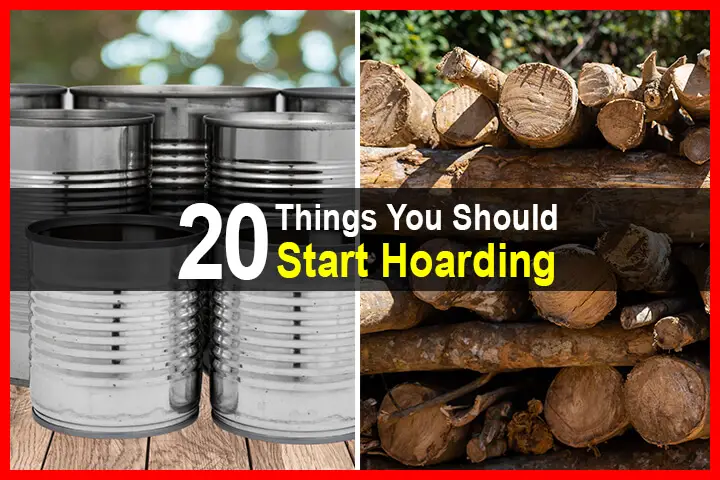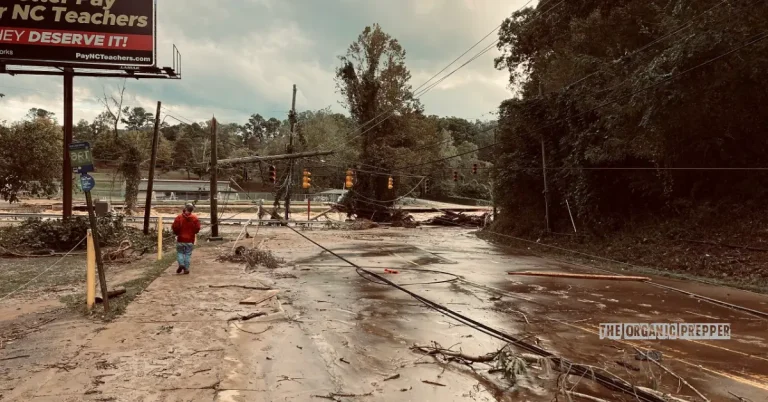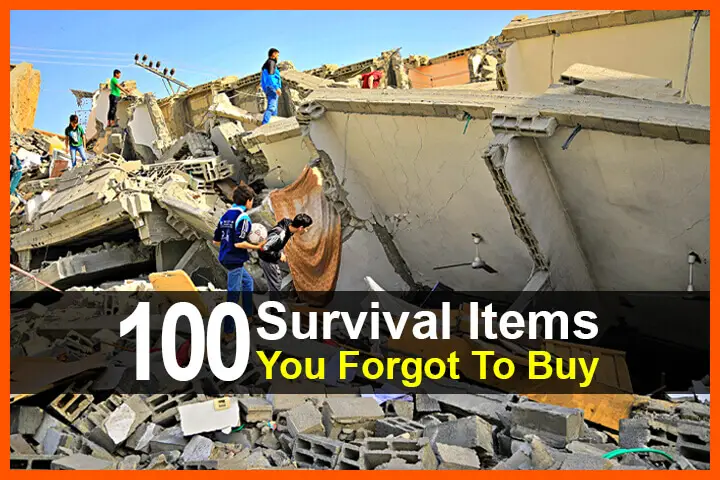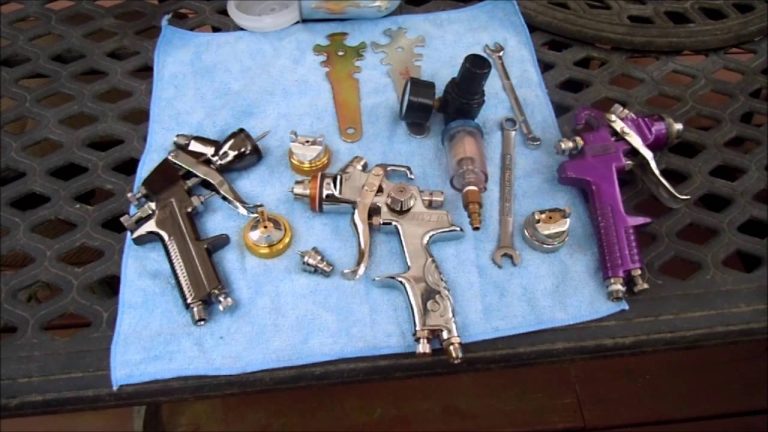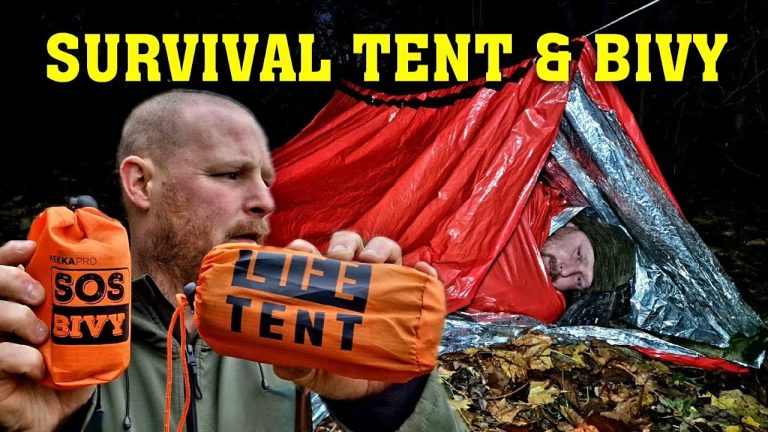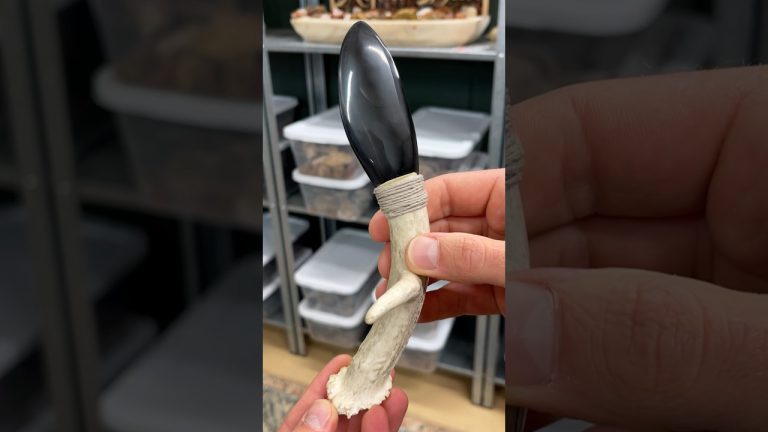On 9/8, move here: https://urbansurvivalsite.com/things-you-should-be-hoarding-and-why/
Estimated reading time: 7 minutes
Nearly everyone has a drawer, closet, or room filled with…well, stuff. The word ‘hoarding’ generally evokes terrifying images of a house overflowing with useless junk – newspapers from the past thirty years, every can or bottle the hoarder has ever drunk from, and a seemingly endless supply of containers, wires, screws, and other things lying all over the place.
But it’s not always a bad thing: Take a guess at how many of those things we just listed can be useful. It’s time to sort out the junk drawer. Here’s what you should be hoarding and why…
Want to save this post for later? Click Here to Pin It On Pinterest!
1. Packing Crates
Online orders often come in large wooden packing crates, and these are surprisingly sturdy. (If not, they can be sourced from local stores that receive their stock on wooden pallets or in crates.)
If you can get hold of a couple of these, they can be used to store almost anything – with a little finishing it’ll hold up well, even against the weather. Take them apart and, with a little DIY handiwork, you can transform it into something entirely new.
2. Newspapers and Magazines
Newspapers and magazines are often tossed away, but they make great kindling when you’re starting a fire. Newspapers are also (for the most part) sterile, which is why traditional fish-and-chips are served wrapped in newspaper.
Newspapers can also be used to transport or store breakables. (And, well, have you ever run out of toilet paper? Better old news than poison ivy.)
3. Potash
Potash is easily discarded, but can and should be saved up after a fire. It’s one component of homemade soap (the others being fat and water; there is a great recipe for this in the FM 21-76 US Army Survival Manual) and potash mixed into soil does wonders for the soil’s mineral content: Want to revitalize soil for the next harvest? Potash.
4. Empty Tins
Empty tins are always useful to store things in. Keep your empty tins because, whether it’s a coffee tin or a small Altoid tin, you’re bound to find a use for it at some point. You can also turn empty tins into everything from a lantern to a small, improvised stove: They’re way too useful to dispose of.
5. Soda Cans
You can turn an empty soda can into a myriad of things. Just a couple examples off of YouTube include a Wi-Fi booster, a popcorn maker, a soda can stove, a torch, and a camping water heater. Hell, you can even make chains from the tabs, thanks to this ingenious video from Grant Thompson – thanks!
6. Polystyrene
Polystyrene is not biodegradable and has a massive environmental impact, so don’t just throw it away.
When left to soak in gasoline, polystyrene turns into a flammable putty that can make a great firestarter in an emergency. (Coincidentally, this also happens to be very dangerous, so take the necessary precautions when you plan on playing with fire.) You can also mix polystyrene with orange oil to make your own glue
7. Batteries
You can create a spark, enough to start a fire with, by using an old battery and steel wool. You can also attach batteries directly to small LED lights if you quickly need some light in an emergency.
Always remove batteries from electronics that’ll go into storage for a while, and use caution when storing old batteries: They can pop and leak – right into those electronics – and the acid can burn your skin and eyes.
8. Old Lighters
Empty lighters can always be refilled, and lighters that are mostly screwed still have one useful thing: The flint. Dismantle the lighter and remove the flint. This can be used as a firestarter or re-fitted to another lighter. (For example, the flint from a Bic lighter will fit in a Clipper – good as new!)
9. Paperclips
Paperclips are about as versatile as good ol’ duct tape, so make sure you have paperclips (and bobby pins) around in your survival kit. They can hold things together, open up locks, and be turned into an improvised fish hook or compass. Obviously, there are a hundred-and-one uses – and you can stab things with it.
10. Wire
Never throw away those random bits of wire: You’ll always find something that needs to be held together with that random piece of wire, and then you might not have it around.
(The same, of course, applies to a piece of wire that’ll apply to a paperclip: If you can bend it, you can make it.) Sharp bits of wire can also be used as improvised nails in an emergency.
11. Glass Bottles
Clean and store glass bottles: These can be turned into lights or lanterns, used to boil water or bake cakes and, when properly sterilized, used to make your own homemade preserves.
12. Broom Handles
Snapped broom and mop handles are easily thrown away: Don’t. Saw the broken end off and you’ve got a free wooden dowel: Turn this into a fishing rod, a walking stick, a spear, a support, a splint – or, if hollow, use some creativity and turn it into a homemade blowgun.
13. Plastic Bottles
Like polystyrene, plastic bottles present a recycling nightmare: Always reuse them when you are able to. Plastic bottles can be turned into plant holders, scoops, storage, lights, and lanterns. You can even build a shelter if you have enough plastic bottles around. Take a look at this article for some examples of houses built from plastic bottles.
14. Firewood
Collect logs for firewood: in the event of needing a source of light or heat, wood will always be useful. You can also order your own DIY mushroom kits online: Drill holes in a log and grow your own mushrooms.
15. Screws and Other Stuff
Now, what do you do when you’ve just finished putting together the couch and you’re left with three screws? (Call it a day and store them, of course.) Always keep loose odds-and-ends like zip ties, screws, nuts, bolts, and nails: Throw them in a coffee tin and forget they’re even there. They’ll be useful eventually.
16. Dental Floss
Most households have a spool or two lying around. Apart from its obvious use, dental floss is sturdy enough to act as an emergency thread for sewing. It’s also perfect for setting up a makeshift clothesline, tripwires for campsite security, or even fishing line. Fun fact: if you coat dental floss with wax, it can be used as an efficient firestarter.
17. Silica Gel Packets
Those little packets that you find in shoe boxes or vitamin bottles? They absorb moisture, making them perfect for storing with electronics, tools, or anything else that might corrode. In survival situations, they can help to keep your matches or tinder dry.
18. Corks
Before you chuck that wine cork in the trash, consider the possibilities. Corks can be used as a fishing bobber, lightweight kindling for fires, or even carved into stamps for personalized designs. For the creatively inclined, corks can also be converted into small floating keychains.
19. Old CDs or DVDs
These old storage devices can have multiple secondary uses. They make effective bird deterrents in gardens when hung up, as they reflect sunlight. Also, their reflective surface can be used as a makeshift signaling device if you’re ever stranded.
20. Used Tea Bags
Instead of tossing them after your morning cup, dry out your used tea bags. They can act as natural deodorizers in shoes or closets. And here’s a quirky use: used tea bags, when cooled, can provide relief for minor skin irritations or puffy eyes.
What’s part of your “stuff” drawer and how has it proved to be useful? Share your own tips in the comments; we love hearing from you!
Like this post? Don’t Forget to Pin It On Pinterest!







